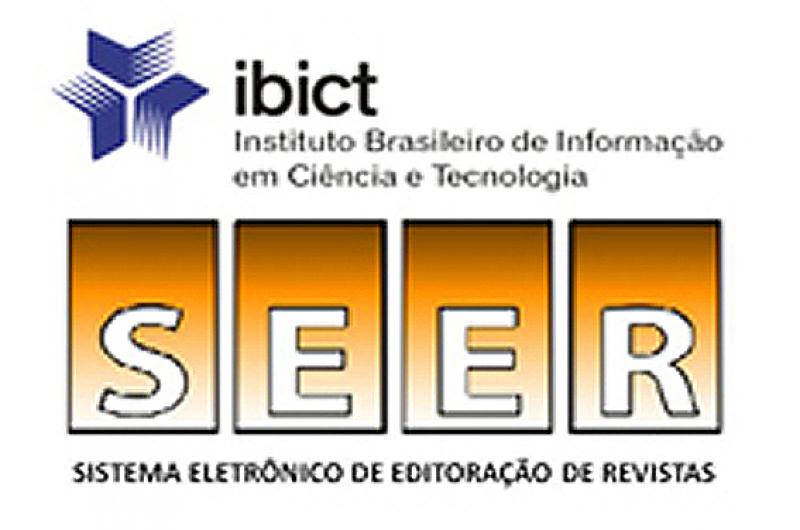Sustentabilidade comunitária
fortalecimento da atividade apícola e implantação de quintais produtivos - relato de experiência
DOI:
https://doi.org/10.31416/rsdv.v11i1.593Keywords:
Território Sertão São Francisco, Agricultura familiar, Extensão RuralAbstract
This objective report describes the experience lived in the coordination of advisory services and technical training of beekeepers and their families from rural communities located in the municipalities of Remanso, Campo Alegre de Lourdes and Casa Nova, in Bahia, with the origin of a contribution to the process of territorial development in the Serra Dois Irmãos Region, based on continuous work to monitor and guide agricultural establishments, focusing on improving the quality of life, preserving nature, concern for future generations and citizen participation, strengthening the organization of rural communities. Throughout the project, it was possible to promote the appropriation of beekeeping management techniques, using participatory tools and methods in conducting activities. Forty-five families were also assisted in the implementation of their productive backyards, using technologies recommended by Articulação do Semiárido – ASA, supporting the collective construction of water structures such as stone cauldrons, tubular wells and clay pits, efficient in terms of supply and diversity. of food in the family diet and supporting the productive system, through the implantation of family vegetable gardens, rearing free-range chickens and implantation of small orchards.
References
DA SILVA, A. C. G. F.; DOS ANJOS, M. de C. R.; DOS ANJOS, A. Quintais produtivos: para além do acesso à alimentação saudável, um espaço de resgate do ser. Guaju, v. 2, n. 1, p. 77-101, 2016.
LEAL, L., Filipak, A., Duval, H., Ferraz, J. M., & Ferrante, V. L. (2020). Quintais produtivos como espaços da agroecologia desenvolvidos por mulheres rurais. Perspectivas Em Diálogo: Revista De Educação E Sociedade, 7(14), 31-54. Recuperado de https://desafioonline.ufms.br/index.php/persdia/article/view/9076
BRITO, M. A.; COELHO, M. F. Os quintais agroflorestais em regiões tropicais – unidades autossustentáveis. Revista Agricultura Tropical, Cuiabá, v.4, n.1, 2000.
CARNEIRO, M. G. R. et al. Quintais produtivos: contribuição à segurança alimentar e ao desenvolvimento sustentável local na perspectiva da agricultura familiar (O caso do assentamento Alegre, município de Quixeramobim/CE. Revista Brasileira de Agroecologia, n.8, v.2, 2013.
AMBRÓSIO, L. A.; PERES, F. C.; SALGADO, J. M. Diagnóstico da contribuição dos produtos do quintal na alimentação das famílias rurais: Microbacia D’água F., Vera Cruz.Informações Econômicas, São Paulo, v.26, n.7, 1996
Downloads
Published
How to Cite
Issue
Section
License
Copyright (c) 2023 Revista Semiárido De Visu

This work is licensed under a Creative Commons Attribution 4.0 International License.















